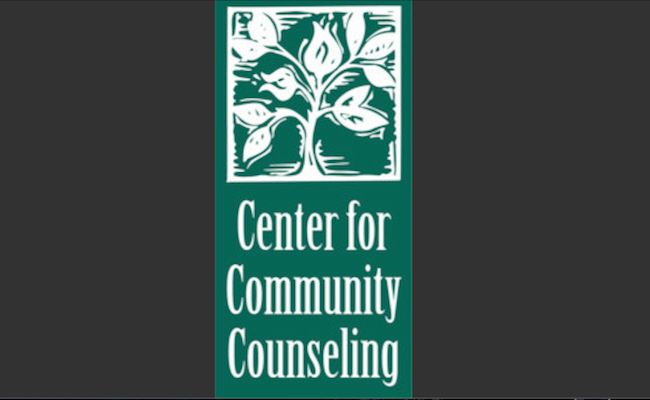
Dear Bernard,
As a father I am worried about my young adult son who seems lost and depressed. He struggles with sharing his problems and asking for help. How can I help him open up and accept help from others?
– Worried Father
Dear Worried,
Your son’s struggles are concerning but common for males. As a boy growing up in the 1960s, the man I wanted to become was fearless, rugged, strong, independent, aggressive, and successful. My role models smoked cigarettes and drank alcohol. I started smoking at 12 and drinking at 13. I didn’t realize it then, but I was trying to prove that I was a man. Even though I needed help, I rarely asked for it. I learned to suffer in silence. I stuffed my feelings. When my teenage fantasies shifted from playing in the NBA to being a rock star, the image of the tortured musician became my model of manhood. It was common knowledge (but not true) that drugs and alcohol sparked one’s creativity. I tried to live up to the expectations and role models available in the 1960s, John Wayne, the film character James Bond, and later Jim Morrison of the Doors.
Who are the men your son admires? It seems that idols change but the underlying messages are the same; be independent and avoid seeking help. We now have superheroes who routinely perform physical feats that no human could ever do.
It’s impossible to live up to all the expectations placed on males. Like women struggling with society’s unrealistic body image ideals, many men struggle with the notion that they don’t measure up. Some men respond by overachieving, taking unnecessary risks or expressing their feelings of inadequacy by being aggressive. Other men seem to give up and stop trying to meet their basic responsibilities.
Luckily, I learned from my father other ideas about being a man; that a man meets his responsibilities, takes care of others, is a good team member and contributes to the welfare of the community. I eventually realized that smoking and alcohol and drug use were bad for my health and, with the help of others, was able to quit.
June was “National Men’s Health” month. While men make many valuable contributions to their families and communities, men’s life expectancy is four years less than women. There is no biological reason for this difference. It’s likely due to men’s reluctance to engage in health-promoting behavior such as seeking help, their alcohol and drug abuse, and risk-taking behavior. While most men are not violent, most acts of violence are committed by men. Some men commit domestic and sexual violence that puts others at risk. Men’s alarming rate of suicide threatens their own lives.
If you want to pass on something important to your son, become the man you want your son to be! Open up to him about some of your struggles. Share how accepting help has benefited you. Communicate that seeking help is a sign of strength, something men do to meet their responsibilities to their families and themselves. Point out that professional athletes and musicians have the support of coaches, trainers, bandmates, and other support staff.
Continue to reach out to him. Remind him that we have all been negatively impacted by the pandemic and need the support and connection from others to cope with our anxiety, depression, and frustration. Is he having any thoughts of suicide? If he is, ensure he seeks professional help. There are many places to get help in our community; friends, family members, one’s faith or social communities. There are also many counseling and support services to help; the Center for Community Counseling and their McKenzie River Men’s Center are two such places.
At 72, I reluctantly accept that I need help. I seek counseling. I regularly see my doctor. I try to eat the right foods and stay in shape. To find meaning in my life, I try to pass on the support I received from others to the community that raised me. I’m far from perfect but accepting help has made me a better father, grandfather, husband, counselor, and man. Isn’t that what life is all about?

Jon Davies, Ph.D, is a licensed psychologist, and director of McKenzie River Men’s Center.
This column is published by The Chronicle in partnership with the Center for Community Counseling.







